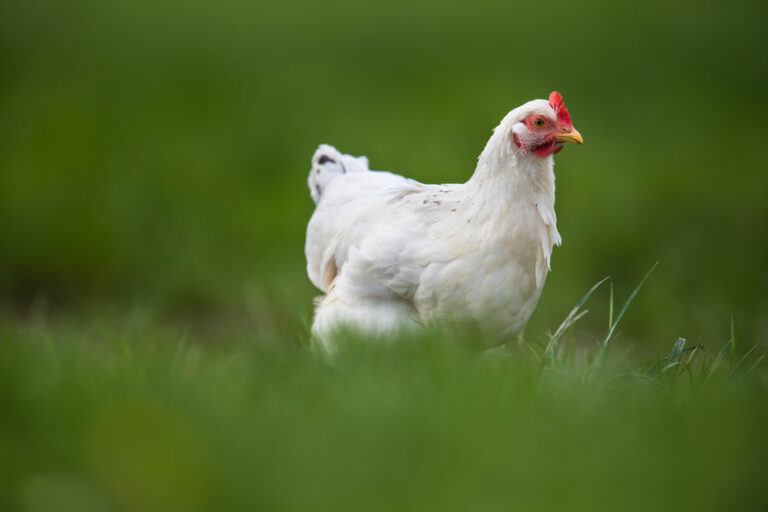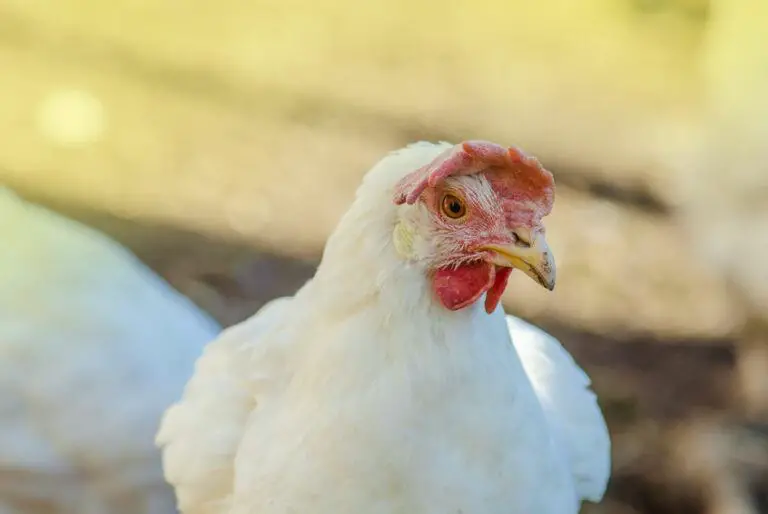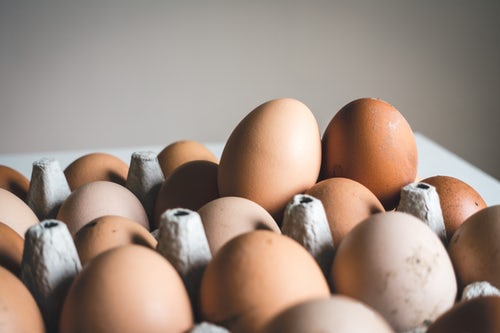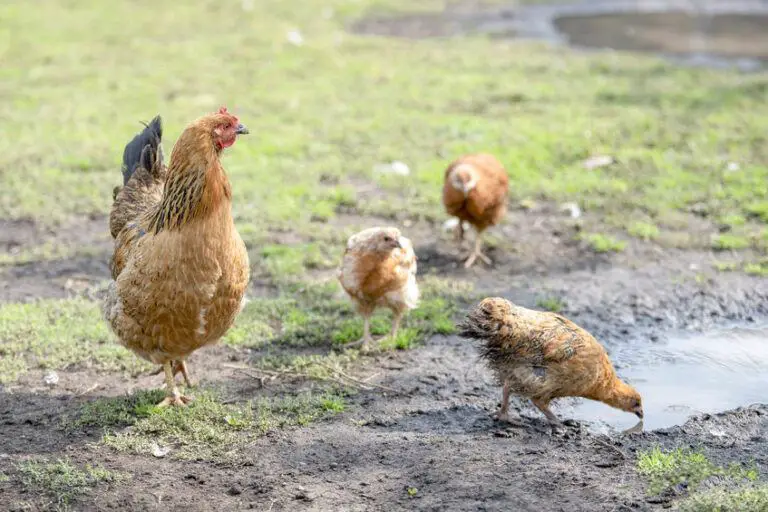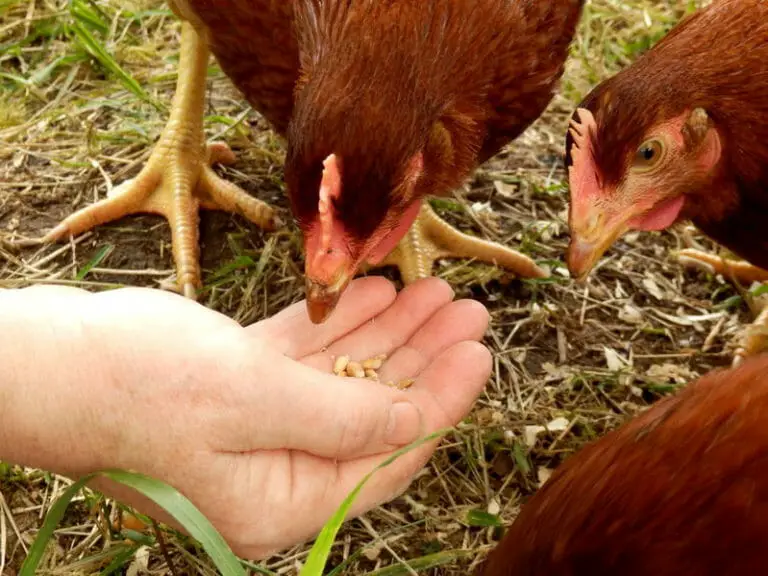Pros and Cons of Pasture Raised Chicken – Why It’s Here To Stay
Pastured chickens are something many of us who raise chickens are either finding a keen interest in, or we have actually taken the plunge and changed over to. This system of raising chickens is highly beneficial for you, the chickens, and the end-user (consumer.) In this article we’ll take a closer look at the pros and cons of pasture raised chicken.
If you are completely new to this way of raising chickens, join us because we think you’ll find this very interesting!
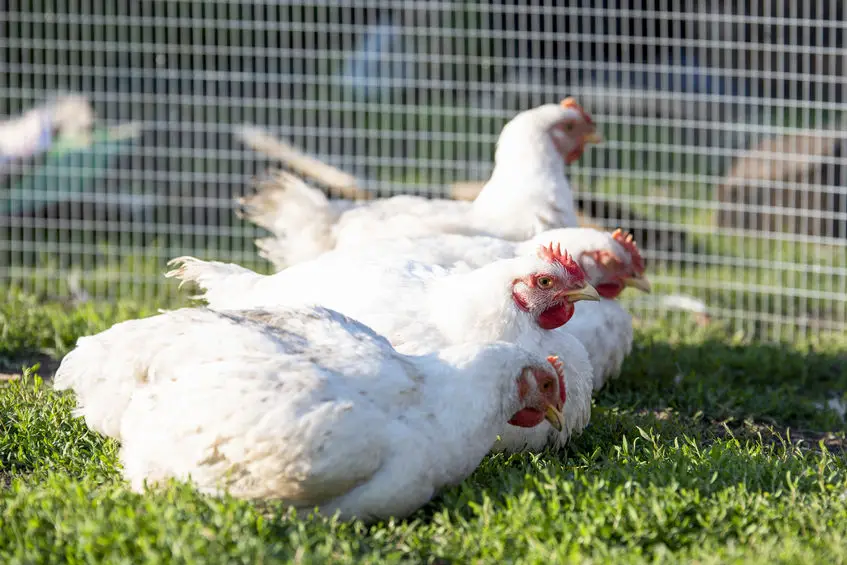
What Is Pastured Poultry?
Raising chickens in pastures has been around for a very long time. Many chicken farmers raising chickens for broilers or layers are leaning more towards the “old-school” way of raising chickens. And yes, pastured chickens are “old school” with a few new twists.
In the 90s, a well-known farmer named Joel Salatin harnessed his know-how in raising chickens and applied that to creating an outdoor system for raising chickens in a pasture. He came up with a nifty innovation called an “egg mobile,” which is essentially a coop on wheels.
Salatin transitioned his chicks to the mobile coop, where about eighty of them were housed. This coop was placed in a pasture and moved daily to new ground. This concept proved to be highly sustainable. The chickens had a source of organic grass and insects, and in return, their droppings fertilized the soil beneath.
Do Pastured Chickens Survive On Grass And Insects Alone?
Although pastured chickens forage on grass and insects, they will still require a healthy, good-quality feed daily. The amount of available insects will vary according to seasons, so your chickens may not have an abundant supply of insects to feed on at any given time. Additionally, chickens should have access to a feed that provides a balanced diet to meet their nutritional needs.
Different Systems Used For Pasture Chickens
Variations of Salatin’s system began to develop, with some being very high-tech. However, the principle and purpose behind pasturing chickens remained the same. The goal was to provide our chickens with the freedom and fresh air of the outdoors.
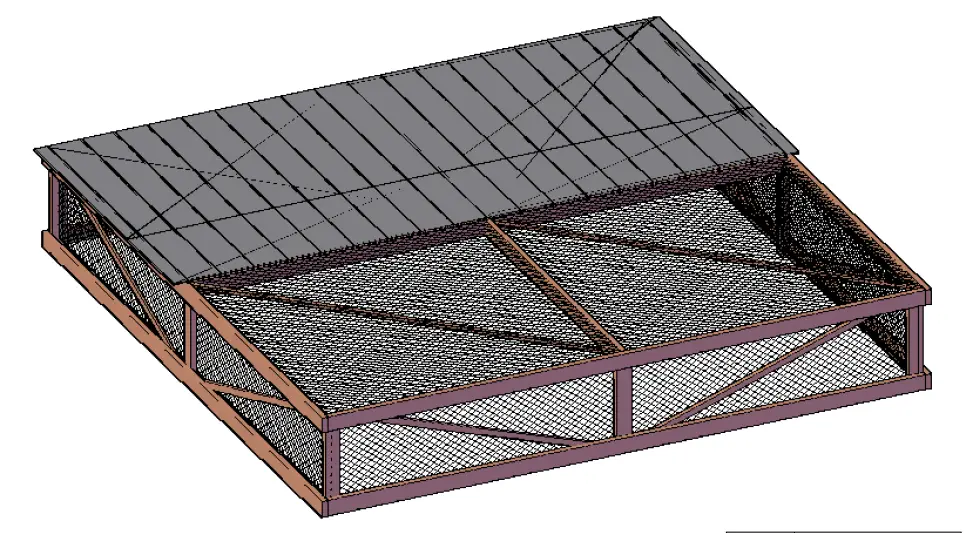
Chicken Tractor
The tractor-style system is ideal for smaller flocks. A free Salatin style plan can be found here.
- Keeps chickens contained within a pen (on wheels.)
- Protects chickens against predators.
- Provides mobility to relocate to fresh spots.

Skid (“Egg Mobile”)
The skid shelter is designed to house larger flocks.
- Allows chickens to free-range during the day. The skid shelter is located in an area such as a yard or pasture where chickens go back to at night or during bad weather.
- Provides mobility to be relocated to fresh spots.
- Layers have nesting boxes inside the skid shelter to lay eggs. Salatin’s ingenious designs for skid shelters have often been named “egg mobiles.”
- Chickens are vulnerable to predatory attacks while outside of the skid and if the skid is not secured at night.
Pastured Chickens vs. Traditionally Raised Chickens
The environment in which chickens are raised is what sets pastured chickens apart from traditionally raised chickens. “Pasture” implies just that the chickens are allowed to forage (either free-range or within the confines of a portable chicken shelter) in fresh ground regularly (daily, weekly, etc.)
Traditionally raised chickens are typically kept in coops/runs or an area to free-range such as a backyard, chicken tunnels, or some type of contained system. They generally don’t have the fresh new ground to explore and forage on as pasture chickens do. Now, if your chickens free-range, they have the same advantage as pastured chickens with the new environment to explore.
Is Pasture-Raised Chickens Better?
This is the million-dollar question that we cannot wait to answer! Pasture-raised broilers and eggs are absolutely better than a traditionally raised chicken confined to a coop or battery cage.
According to the American Pastured Poultry Producer Association, raising chickens in a pastured environment produces healthier and far more nutritious broilers and eggs. The foundation for which many chicken owners/farmers choose to use the pasture method is the fact that it’s a more humane way to raise chickens.
Pasturing allows a chicken to be a chicken and have access to green grass, insects, and the fresh air without the tight confines of a cage, coop, or run. Someone in a video on the American Pastured Poultry Producer Association brought up a very poignant point. Pastured chickens are moving, foraging, and content. A coop or cage is static, dull, and non-stimulating.
Aside from the ethical standpoint of pastured chickens, there’s the quality and nutrition of the broilers and eggs produced by these chickens. Because the environment is organic in source, there’s no need for antibiotics or medicines for the chickens. The UV light of the sun works as the best disinfectant and preventative measure for disease.
The taste of a pastured broiler is much more clear and flavorful. The meat and skin have a perfect, firm texture. Grocery store birds are often chewy and develop what’s called “woody breast.” Pastured chickens are nutrient-dense, as are the eggs.
| Pastured Chicken Eggs
|
Not only are pastured chickens (and eggs) lower in saturated fat, they are packed with Omega 3’s and Vitamin E. The powerhouse of Omega 3’s comes as a result of the chickens foraging on grass. Chloroplast is present in the green foliage of plants and is responsible for forming Omega 3’s.
Traditionally raised chickens who don’t have that access to grass can be severely lacking in Omega 3’s, which in turn results in a less nutritious broiler or eggs. Pastured hens produce eggs that are ten times denser in Omega 3’s!
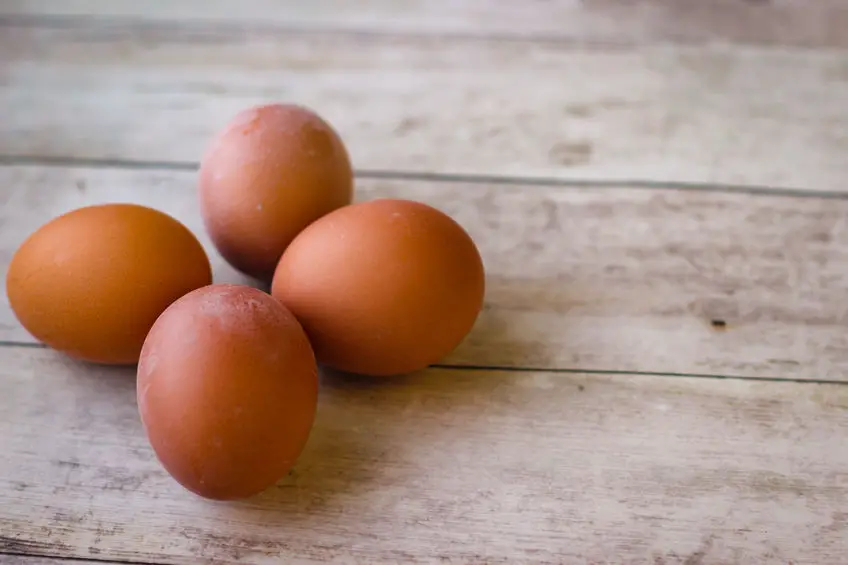
Pros And Cons Of Raising Pasture Poultry
We are going to unpack and break down the benefits and disadvantages of raising pasture chickens.
The Last “Cluck”
We don’t know about you, but the “pros” outweigh the “cons” when it comes to raising our yardbirds as “pasture birds.” Better tasting and highly nutritious meat and eggs are a fair trade for letting our chickens frolic in the grass and the great outdoors!
If you have pastured chickens, we’d love to hear your comments and stories. Thanks for stopping by. Happy Chickening!


